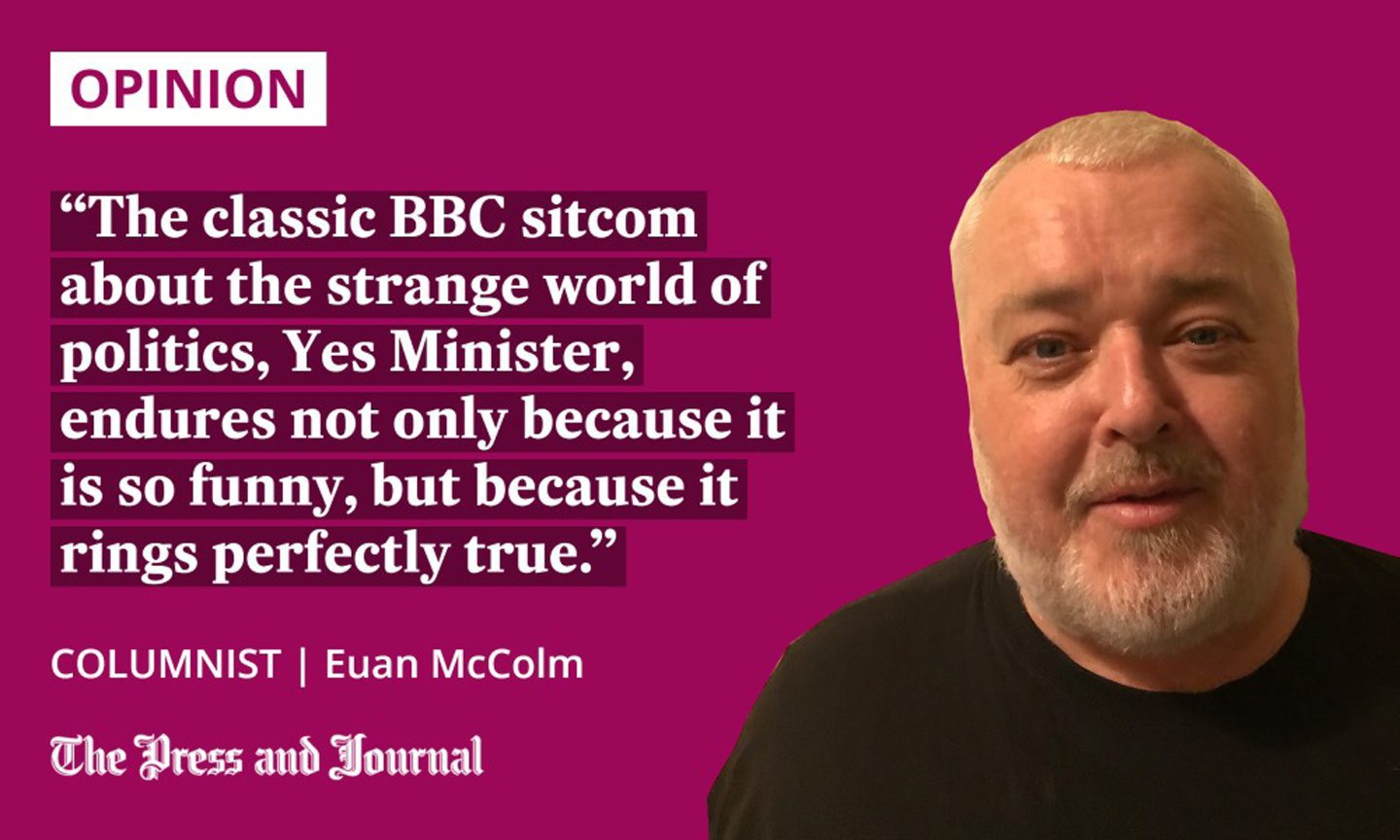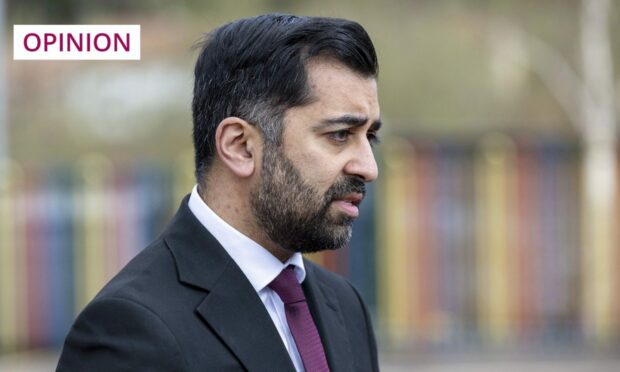The classic BBC sitcom about the strange world of politics, Yes Minister, endures not only because it is so funny, but because it rings perfectly true.
We recognise the clueless but ambitious politician, Jim Hacker, whose every decision is based on how the outcome might benefit him personally. And we see Sir Humphrey Appleby as the archetype of the jargon-loving mandarin who really runs things
More than 40 years after the show first aired, its influence is ingrained in our politics.
Take, for example, the description of a political proposal as “courageous”. Thanks to an exchange between Sir Humphrey and fellow civil servant, Sir Frederick “Jumbo” Stewart, we all know exactly what that really means.
Sir Frederick suggests that there are four words to be included in a proposal if one wishes it to be abandoned. Sir Humphrey reels them off: complicated, lengthy, expensive, and controversial. Then he adds another: if you want to be really sure a minister won’t accept a plan, you must say the decision to proceed is “courageous”.
“Controversial,” he explains, “only means: ‘This will lose you votes’. Courageous means: ‘This will lose you the election’.”
Which brings me to First Minister Humza Yousaf’s decision to legally challenge the UK Government’s block on reforms to the Gender Recognition Act.

When a majority of MSPs last December voted to remove the need for a medical diagnosis of dysphoria before someone could be officially recognised as being of a different gender, they acted with the support of fewer than a third of voters.
A number of campaign groups complained that the consultation process on the introduction of self-ID – and the reduction of the age at which someone may change gender from 18 to 16 – was flawed, and that concerns about the impact of the legislation on single-sex spaces for women had been ignored.
Within weeks, Scottish Secretary Alister Jack announced the use of section 35 of the Scotland Act to block the legislation, on the grounds that it impacted on the UK-wide Equality Act.
The revelation that the Scottish Prison Service had run ahead of the law and allowed male sex offenders to self-ID as the opposite gender so that they were housed with vulnerable women created a crisis for former first minister, Nicola Sturgeon, whose announcement that she would fight Jack’s decision in court went down very badly with voters.
Now, Humza Yousaf, struggling to unite an SNP mired in scandal, has decided to continue that battle. As one of his colleagues told me: “Regardless of your position on self-ID, this is terrible politics. We’re supposed to be restoring faith in the party, not reminding people we let rapists into women’s jails. This is just stupid.”
Stupid is such a harsh word. I prefer “courageous”.
Euan McColm is a regular columnist for various Scottish newspapers

Conversation